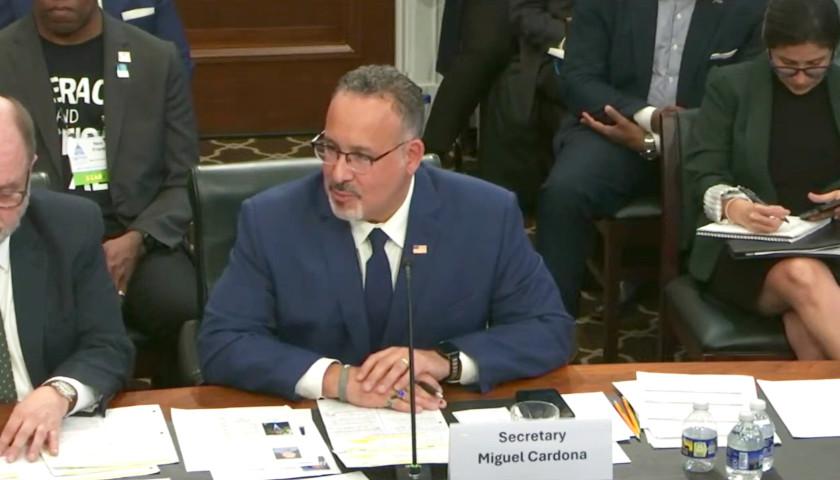The Tennessee Department of Agriculture (TDA) and Governor Bill Lee recently announced a new cost share program for agricultural and forestry businesses.
The Tennessee Forestry, Agriculture, and Rural Markets (FARM) cost share program will provide financial assistance to agricultural, food, forestry, and nonprofit agricultural entities in the state.
The program will specifically fund projects that promote “stabilizing and strengthening the supply chain to prevent future challenges,” according to a press release by TDA.
“Agriculture drives Tennessee’s economy, and this strategic investment will ensure that the industry continues to thrive,” Governor Lee said in a statement. “We remain committed to rural Tennessee, and I am confident that the FARM program will strengthen farm families and agribusiness across our state.”
The program is funded by the state’s allocation of American Rescue Plan funding through the State and Local Fiscal Recovery Fund, TDA notes.
Funds from the FARM program will be disbursed on a reimbursement basis, meaning businesses that receive financial assistance from the program will not required to repay the funds.
For projects that impact counties that are not classified as economically distressed or at risk, the FARM cost share program will cover 50 percent of costs. For projects impacting distressed or at-risk counties, the cost share rate will be 75 percent.
Those interested in the FARM program must fill out an application. Applications are accepted online from March 1 until March 31, 2023.
In addition to the FARM program, the state implemented a new law last month that also benefits farmers, timber harvesters, and nursery operators.
Farmers and nursery operators are now able to purchase building materials, fencing materials, warranties, and most other tangible personal property used primarily in agricultural operations tax-free due to the new law that went into effect in the new year.
HEADS UP FARMERS: @GovBillLee has a special message for the Tennessee agriculture community! As a reminder, as of January 1st, MUCH more is included in the Agriculture Sales Tax Exemption. Check out the important notice here: https://t.co/SoAZvrw4CF@TNAgriculture pic.twitter.com/0G1h6K1C9P
— TN Dept of Revenue (@TNDeptofRevenue) January 18, 2023
– – –
Kaitlin Housler is a reporter at The Tennessee Star and The Star News Network.
Photo “Agriculture” by Mark Stebnicki.








